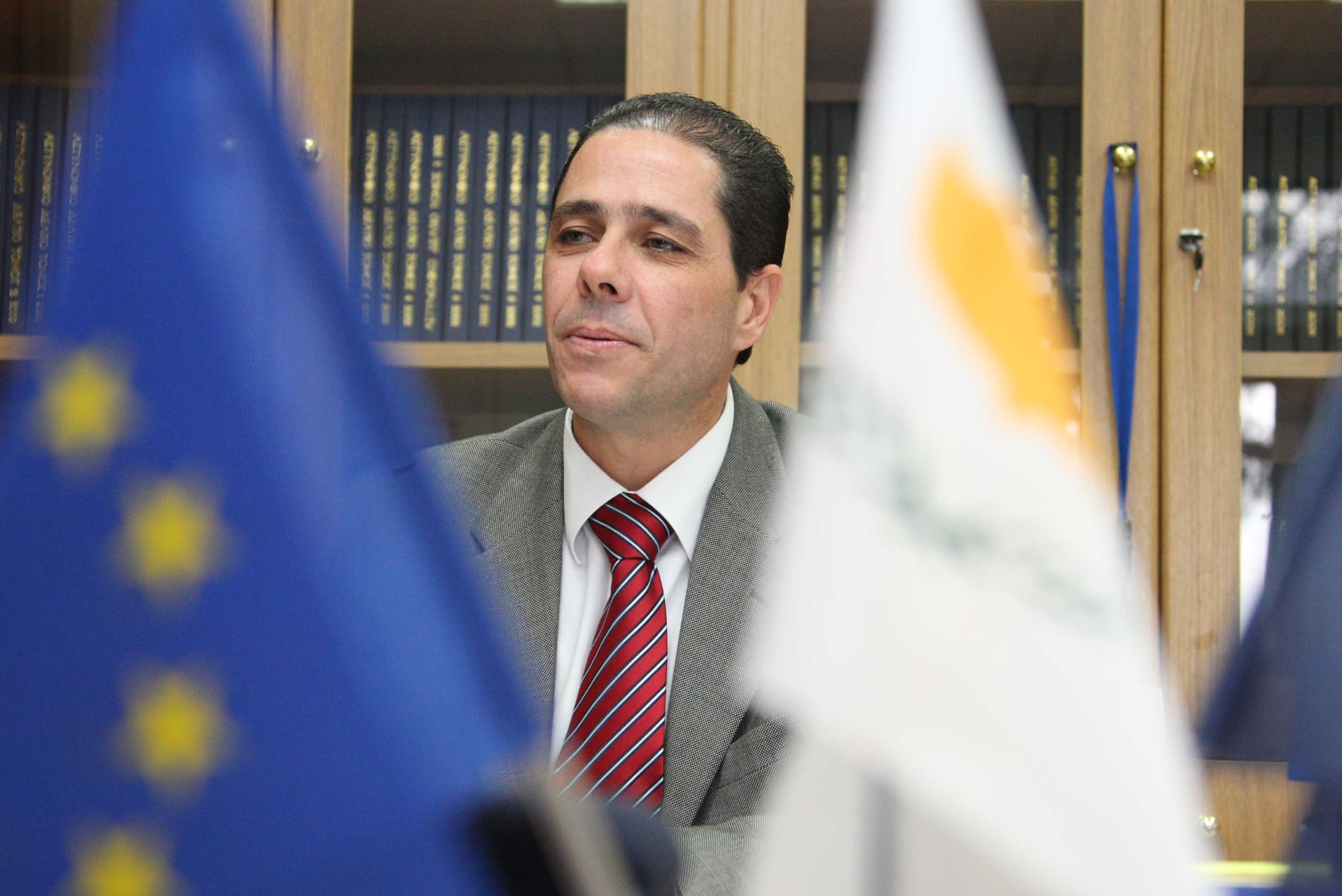The Legal Service and the Anti-Corruption Authority found themselves embroiled in conflict with one another on Wednesday over the former’s decision not to prosecute former police drug squad chief Michalis Katsounotos.
Katsounotos had been called by a team of three legal experts appointed by the Anti-Corruption Authority to speak to them as part of an investigation into deputy attorney-general Savvas Angelides’ alleged conflicts of interests.
While Katsounotos appeared in front of the experts, he insisted that he was not obliged to answer their questions and refused to answer some of them.
At the time, the legal experts, two British barristers and one Cypriot lawyer, suggested that Katsounotos’ refusal to speak may have made him criminally liable, but the Legal Service refused to initiate proceedings against him.
On Wednesday, the Anti-Corruption Authority was scathing.
“After studying the report submitted by the legal experts it had been appointed, the authority has come to the conclusion that a police officer who had been called as a witness in the process disobeyed the provisions of the legislation,” they said.
“The relevant laws impose an obligation on any person who receives a summons to appear either before the authority itself or before appointed inspectors, not only to attend, but to answer all the questions put to them.
“There is only one caveat to this obligation: a witness may choose not to answer any question which may incriminate them. Violation of this obligation is a criminal offence,” they added.
In reaction to this, they said they had transferred the file to attorney-general George Savvides “with a recommendation that a criminal investigation be conducted with a view to a possible criminal prosecution” of Katsounotos.
However, they said, Savvides had declined their request, saying Katsounotos had the right to remain silent.
They said Savvides had also told them Katsounotos had submitted a three-page confidential written statement providing information regarding the investigation, that he had answered questions, and that the three legal experts had told him there was “no problem” in his non-answering of questions.
Despite Savvides’ apparent assertions, however, the authority said the right to remain silent pertains to criminal investigations and not to such investigations as conducted by the authority.
They added that the apparent right to remain silent is in direct contravention of the law regarding such investigations, which they say, “obliges any witness who appears before inspectors to answer all questions and provide the information they possess”.
With this in mind, they say that adopting Savvides’ position on the right to remain silent “would cause complete confusion to witnesses, since it would confront them with diametrically opposed positions” – those being that they are legally obliged to answer any and all questions while at the same time having the right to remain silent.
They said that should the law be amended to allow people to remain silent during questioning put to them by the anti-corruption authority, it would “paralyse the authority’s investigations”.
In addition, they said, disobedience of the laws as they currently stand “harms both [the authority’s] prestige and effectiveness, and it must be dealt with immediately”.
They also said they are examining the possibility of registering themselves as a prosecuting authority to be able to carry out criminal prosecutions in house, though the legal basis for such a move is not yet clear.
The Legal Service responded in kind later on Wednesday, saying the Anti-Corruption Authority “has the power to carry out an investigation, not an inquisition”.
They cited a litany of laws which they said show that those questioned by the authority have the right to remain silent.
“In essence, the minimum rights of any suspect should be applied, and the violation of these rights would prevent any further investigation of the case,” they said.
The Cyprus Mail contacted the Legal Service for further comment.







Click here to change your cookie preferences